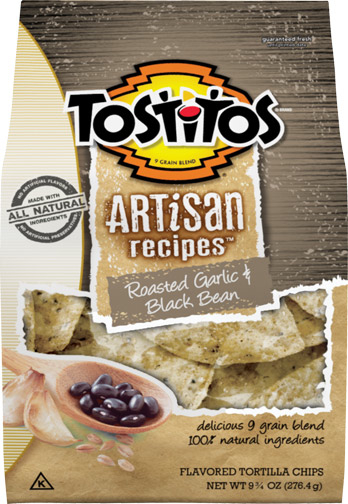 Top Class Actions
Top Class Actions
Hotels.com—too good to be true? Kaylen Silverberg thinks so. She filed a consumer fraud class action lawsuit this week against the online booking agency, alleging it does not back up its promise to refund money if hotel guests can find a better rate elsewhere online.
Instead, Silverberg’s lawsuit claims, Hotels.com sets an “arbitrary and undisclosed limit” on refunds.
Silverberg’s lawsuit states Hotels.com will not back up its promise: “‘after you book with Hotels.com, if you find a lower publicly available rate on line for the same dates, hotel, and room category, we will match the price and refund you the difference.'” Instead, the lawsuit states, “Hotels.com has an arbitrary and undisclosed policy to refund only a portion of the difference between its rate and other, lower rates. For example, in Silverberg’s case, Hotels.com stated that ‘we can only refund you $142,’ even though the price difference was substantially greater.”
Silverberg’s story, short version, is allegedly that she booked a room through Hotels.com for two nights in Rancho Palos Verdes, CA., for $355 per night, then found a $223 rate at HotelClub.com. A third website advertised an even lower rate, $213. Silverberg then asked Hotels.com to back up its guarantee but she was told by the company that they would refund her only $71 a night, which she calls “an arbitrary and undisclosed limit.”
The lawsuit seeks restitution and class damages for breach of contract and unjust enrichment—otherwise known as “business as usual.”
Top Settlements
Every so often a class action settlement comes along that results directly from very unfortunate circumstances. This is one such settlement. This week, Teva Pharmaceuticals, the maker of Propofol, announced it will settle 120 personal injury lawsuits arising from a hepatitis C outbreak in Southern Nevada. The amount of the Nevada Propofol settlement is a reported $285 million.
The Israeli-based generic drug maker was facing lawsuits brought by some 150 former patients of The Endoscopy Center of Southern Nevada and its sister clinics, who contracted the disease after receiving propofol at the clinics. LAS reported on this in some detail at the time.
According to a report in the Las Vegas Review Journal, nine hepatitis C cases were found to be linked to the clinics which were run by Dr. Dipak Desai. Seven of the nine cases were genetically linked to the center. Health officials called another 106 cases “possibly linked.” According to health officials, more than 60,000 former clinic patients were potentially exposed to hepatitis C because of unsafe injection practices by nurse anesthetists at the clinics.
Teva lost the first three trials and was facing payments of nearly $800 million dollars in compensatory and punitive damages. The fourth trial was under way when settlement talks began in earnest. The settlement leaves 15 lawsuits unresolved.
Antennagate may be drawing to a close…if a preliminary settlement reached in a defective products class-action lawsuit against Apple is approved. The lawsuit alleges underperformance of its iPhone 4 resulting from antenna problems. And oh brother did we ever hear about it! While the iPhone 4 settlement per class member is certainly not large, by anyone’s measure—the size of the class certainly is—25 million US residents no less, each of whom could receive $15 in cash or a bumper case provided by Apple under the terms of the settlement. So, don’t be quitting your day job just yet.
The class action combined 18 separate lawsuits, all of which allege Apple was “misrepresenting and concealing material information in the marketing, advertising, sale, and servicing of its iPhone 4—particularly as it relates to the quality of the mobile phone antenna and reception and related software.”
As part of the iPhone 4 settlement original purchasers will be sent emails before April 30, 2012 alerting them to the settlement. The claims period is then open for 120 days.
OK—And it’s off to the bar we go. See you there!


